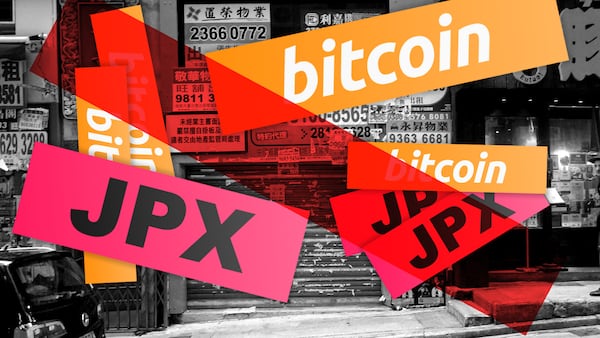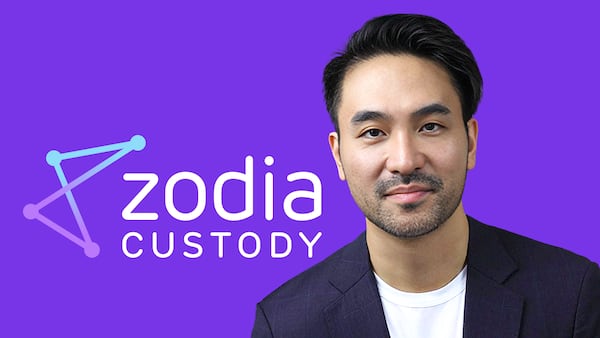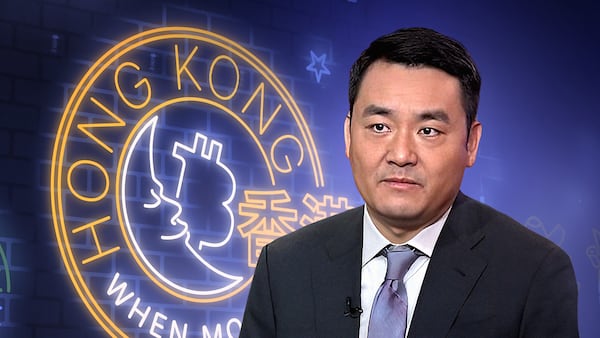- I opened accounts at 10 top platforms to test which are complying with new licencing rules.
- Some platforms have made no changes while others block access.
- New regime is designed to curb runaway crypto crime.
Top crypto exchanges are continuing to service customers in Hong Kong despite a ban on unlicensed platforms that took effect on May 31.
I should know. I live in Hong Kong and to test which crypto exchanges were changing their onboarding processes for residents, I tried to open accounts at the top 10 global platforms over the last week.
I succeeded at Binance, Coinbase, and Kraken even though official records show none of them have applied for a licence, let alone obtained one.
New regime
Regulators are hoping the new licence regime will curb runaway crypto crime in the city.
Investors are losing hundreds of millions of dollars worth of deposits to online exchanges that disappear without a trace and to a raft of exotic schemes ranging from romance scams to fake crypto lawyers promising to recover stolen assets.
In 2023, crypto crime cases jumped 46% over the prior year, according to the Securities and Futures Commission, or SFC, which watchdogs the markets.
And that doesn’t include more than 6,200 complaints made against JPEX, the exchange that vanished last fall with an estimated $200 million in client deposits, according to police officials.
‘Several, including ByBit, OKX, Mexc, and KuCoin, blocked me from signing up.’
The SFC says its licensing regime will let investors select reputable crypto exchanges from a roster it maintains on its website.
To qualify, exchanges needed to apply by February 29. Those that didn’t were given until May 31 to wind down their services. Companies that have applied for licences are allowed to continue operating until the SFC decides whether to approve their applications.
The SFC’s list does not show Binance, Coinbase, or Kraken.
Kraken declined to comment for this article. Coinbase did not respond to a request for comment.
Binance did reply. “Binance is a global platform and does not actively market to the public of Hong Kong or operate in Hong Kong,” a spokesperson told DL News.
A representative from the SFC also declined to comment.
Those that complied
Some platforms have complied with Hong Kong’s new rules. HashKey Exchange secured a licence. So has OSL.
Other exchanges have opted to pull up stakes.
OKX and Bybit, which until recently were applying for licensing in Hong Kong, have wound down their services and withdrawn their petitions. So, too, did Gate.io (as Gate.HK), HTX, and HKVAEX, a Binance-linked company.
Several, including ByBit, OKX, Mexc, and KuCoin, blocked me from signing up. To do so, they track IP addresses, disallow Hong Kong phone numbers for verification, or reject Hong Kong addresses when asked to provide proof of addresses.
Binance’s stark warning
I assumed Binance wouldn’t work.
For starters, the website itself had previously been inaccessible in Hong Kong. I used to need a VPN to access it.
At some point it came back but the homepage bears a stark warning: “The products and services on this website are not intended for individuals in Hong Kong. Nothing on this website is intended to be construed as a solicitation of any individual in Hong Kong.”
After filling in some details, including my Hong Kong phone number, address and uploading a photo of my ID card, I was happily buying Ether, no problem.
Binance did make an effort to try and get licensed in Hong Kong through a local company, HKVAEX, which is a separate exchange.
HKVAEX withdrew its licence application in April and told users to take their money off the platform.
Coinbase’s fuzziness
Coinbase was invited to apply for a licence in June last year by Hong Kong legislator Johnny Ng. At the time, a Coinbase spokesperson told CoinDesk that it was “dedicated to partnering with high-bar regulators.”
The company did not take Ng up on his offer. Its website doesn’t appear to take different jurisdictions into account.
When I try to open an account, I’m told Coinbase is collecting information about me to “comply with regulations” and that it’s “legally required” to ask for certain information.
By whom? Which nation’s regulations is Coinbase referring to?
This is not specified. Hmmm. Coinbase has not applied for a licence in Hong Kong and is not regulated here, the SFC’s list shows.
Nevertheless, the fine print in its legal and privacy disclosures specifically states that the agreement on its website applies to “customers who reside in Singapore and selected countries (Hong Kong and the Philippines).”
In any event, Coinbase’s know-your-customer process approved my application. For some reason, the only method of depositing fiat currency into the account was via an old fashioned bank transfer.
So I duly paid to send my cash from my Hong Kong account to Singapore. Then I bought my ETH.
“Doesn’t it feel good to own a piece of the future?” said the purchase confirmation email from the company that only accepted deposits via bank transfer.
Kraken’s handy articles
Like Coinbase, Kraken’s website also said it needed to collect certain information due to legal requirements.
A link beneath this message told me I could “learn more.” But the link took me to a blog page that had nothing to do with regulation and instead featured articles entitled “What is Bitcoin?” and “What is blockchain?”
Its terms of service make no mention of Hong Kong. I went through the process and bought some Ether.
Then I sat for a moment as a stark realisation hit me — I was now going to have to do all this again in reverse to withdraw the funds.
I decided to have a cup of tea instead.
Callan Quinn is DL News’ Hong Kong-based Asia Correspondent. Get in touch at callan@dlnews.com.









